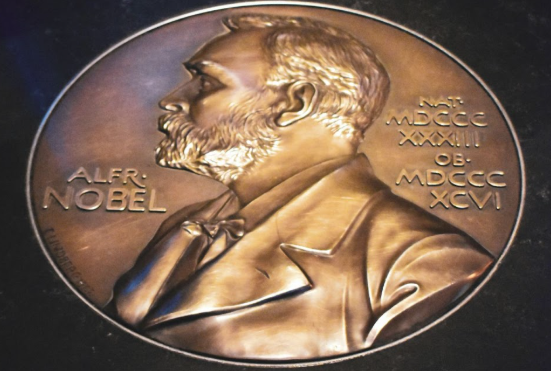Painting eggs, waking up to chocolates and toys or celebrating the day at church are all common ways that people spend their Easter. These traditions have long histories dating back to Roman times. Similar to Christmas, this traditionally Christian holiday has become a staple for everyone and continues to evolve as the years go by.
The importance of this day comes from Christian religion. Good Friday, the Friday before Easter Sunday, marks the death of Jesus Christ by crucifixion. The following Sunday marks his resurrection on the third day after his death and is celebrated now as an anticipation of his second coming. However, the specific date of his resurrection was highly controversial and often argued throughout churches. They eventually came to a general conclusion, deciding that Easter was the first Sunday after April 14.
Easter is very similar to Christmas in the way it has accumulated traditions. Going further than just the Christian traditions and roots, it has grown into the holiday we see today with eggs and the Easter Bunny. Surprisingly enough, some of these traditions also have religious roots. In the holy week leading up to Easter, people were not allowed to eat eggs. Therefore, they had an abundance of eggs that week which they painted red to symbolize the blood of Jesus Christ. This evolved over time to the egg painting that is seen today.
Another tradition that stands prominent in Easter celebrations is the Easter Bunny, a rabbit similar to Santa who comes to houses leaving toys, chocolates and eggs around houses. The origin of this rabbit comes mainly from German tradition. This tradition describes a rabbit that would deliver goods for children to find. This tradition grew in America following German immigration. The Easter Bunny has become a staple of the holiday in America, but other countries use different animals. In Switzerland and parts of Germany, for example, a cuckoo and fox are used instead.
More recently, a new staple of the holiday emerged. Easter egg hunts and rolls are credited to Lucy Hayes, former first lady and wife of former President Rutherford B. Hayes. She invited children and parents to roll easter eggs on the White House lawn. Unfortunately, Ulysses S. Grant and Congress passed a law banning this due to worry that this activity was damaging the grounds. By then, the tradition had already caught on and easter egg hunts became a staple for children on Easter.
While starting as a Christian holiday, Easter has since evolved into a whole new celebration. Maintaining original traditions while gaining new ones such as egg hunts and the Easter Bunny, it has become a day for all to celebrate and will continue to grow.













































































